LTER Network News | October 2019



LTER Network News is a forum for sharing news and activities from across the LTER Network. This is our water cooler. Please share personnel changes, new grants, cross-Network activities that might interest your LTER colleagues.
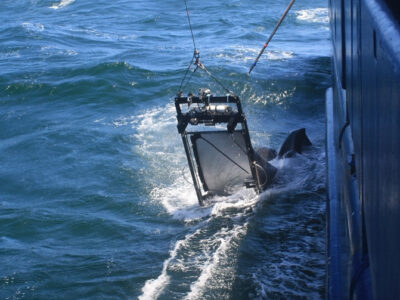
Laura Lilly takes us along on a sampling cruise with the California Current Ecosystem Long Term Ecological Research site!
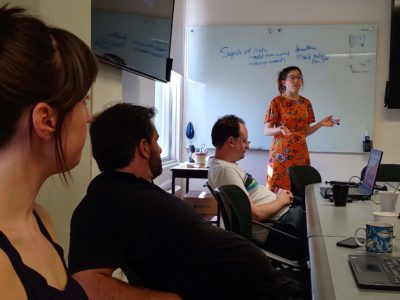
The LTER Network Office at UCSB is fielding a new call for synthesis proposals with a deadline of October 23, 2019, so we are taking liberties with the format of this newsletter to bring readers a few thoughts on the variety of research that constitutes synthesis, the reasons we find it valuable, and a sampling… Read more »
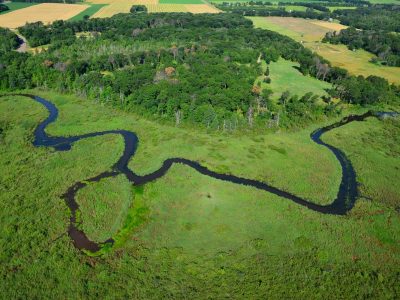
Plans We set out to answer the general question: How do metacommunity dynamics mediate community responses to disturbance across the ecosystems represented in the LTER network? Metacommunity theory provides a framework to predict when different types of community assembly processes should control the composition of the species pool both at local and regional scales. Thus,… Read more »
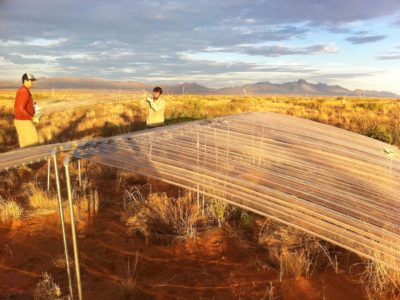
Background and plans Many global change drivers (GCDs) lead to chronic alterations in resource availability. As communities change through time in response to these GCDs, the magnitude and direction of ecosystem responses are also predicted to change in a non-linear fashion. We proposed to examine whether plant community dynamics are predictive of shifts in ecosystem… Read more »
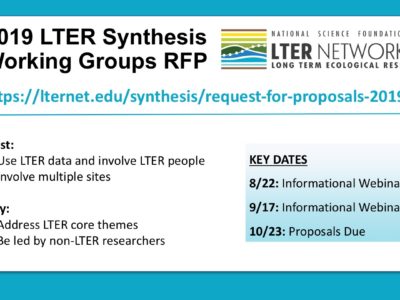
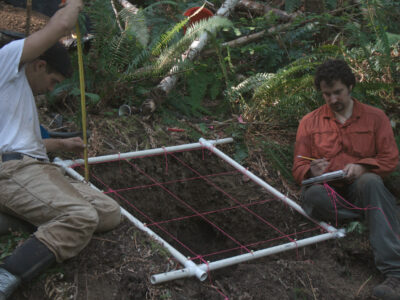
Karla Jarecke and Adrian Gallo take us through research at the HJ Andrews Experimental Forest, home of the Andrews Forest LTER.

LTER Network News is a forum for sharing news and activities from across the LTER Network. This is our water cooler. Please share personnel changes, new grants, cross-Network activities that might interest your LTER colleagues.
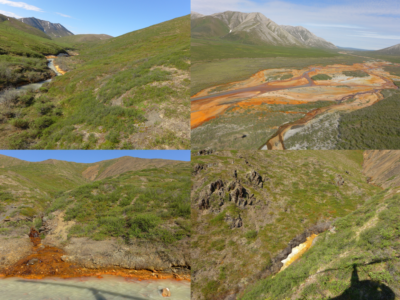
Adrianne Trusiak takes us through sampling to decipher the carbon cycle at Toolik Lake, home of the Arctic LTER.